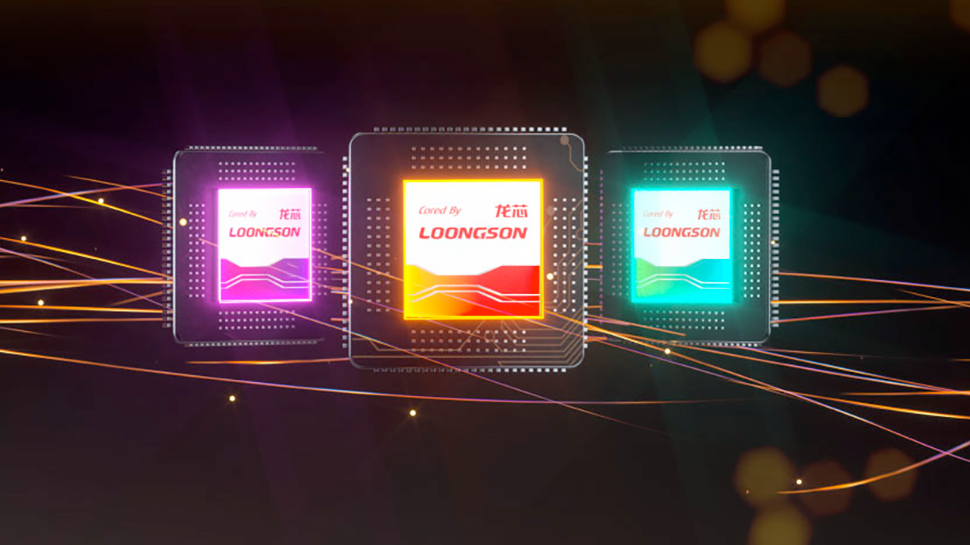
In late 2022, the Chinese government banned exports of Loongson’s latest LS5000-series CPUs to Russia, citing national security concerns. But in March 2023, the U.S. blacklisted Loongson and limited its access to American technologies, which is perhaps why the Chinese government decided to lift the ban on exports of these CPUs. As a result, at least two Russian companies are planning to produce Loongson-based systems, reports Kommersant.
Norsi-Trans and Promobit are leading the initiative, aiming to produce servers, storage systems, and computers powered by Loongson’s 5000-series processors using the LoongArch architecture. So far, Norsi-Trans has purchased around 100 Loongson processors for the initial production phase. They have also received the green light for incorporation into the official registry of Russian electronics.
These Russian tech companies eye the Loongson processors as viable alternatives to their American counterparts from AMD and Intel. However, there is a slight catch: software support. Norsi-Trans will collaborate with Basalt SPO, an Alt operating system developer, to adapt the OS to work seamlessly with the Loongson processors. Meanwhile, it is unclear when Basalt SPO will tailor its OS for Loongson’s CPUs.
The decisions by the Russian companies to opt for Loongson processors were made with strategic considerations. The Chinese government previously restricted these processors from export due to their critical technological significance, including applications in China’s military-industrial complex. The loosening of these restrictions and the resurgence of Loongson processors in international collaborations coincide with rising geopolitical tensions. Essentially, Norsi-Trans and Prombit want to build a more self-sufficient tech ecosystem, less vulnerable to foreign sanctions and supply chain disruptions.
“Because the X86 and Arm architectures are controlled by the American and British governments, there is always a threat of disconnection or incorrect processor operation,” said Grigory Sizonenk, chief executive of IVK, in a conversation with Kommersant. “Therefore, Loongson chips look more attractive.
However, despite these collaborative advancements, industry experts express caution. While mitigating reliance on American technologies, the move might introduce a new dependency on Chinese tech. Voices within the industry, such as the president of Russoft, Valentin Makarov, underscore the importance of negotiating mutual market and technology access with Chinese partners, ensuring a balanced technological exchange and collaboration.
“We will just replace dependence on American processors with the same dependence on Chinese ones,” Makarov said. “Therefore, it is necessary to negotiate with Chinese partners for mirror access of Russian IT products to the Chinese market or access to Chinese technologies.”






